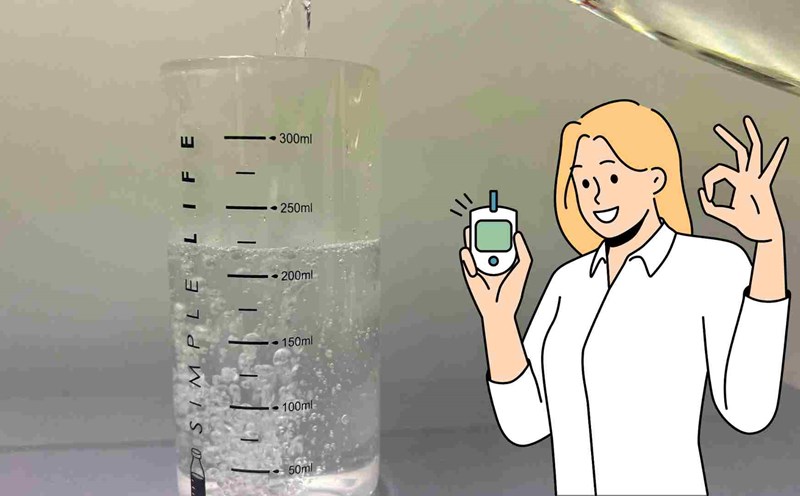First, you can eat or drink a diet equivalent to 15-20 grams of glucose. 15 grams of glucose is equivalent to about 2 sugar tablets or 150 ml of cola or 150-300 ml of other sugary drinks.
For mild hypoglycemia, symptoms often improve within 15-20 minutes of eating or drinking. After you feel better, you can continue to eat snacks or main meals to prevent recurrence. If you do not see any improvement after eating, seek medical attention as soon as possible.
When you have hypoglycemia, measure your blood sugar after eating for 15 minutes and if necessary, supplement until your blood sugar returns to normal.
If you do not have diabetes and do not have any other disorder or medication that causes hypoglycemia, you should eat many small, regular meals, snacking between meals. At the same time, avoiding exercising on an empty stomach, eating a lot of foods with a lot of sugar at the same time and avoiding drinking a lot of alcohol can help prevent hypoglycemia.
Diabetic patients using hypoglycemic drugs should consult a doctor on how to prevent hypoglycemia. They may also need to adjust their medication regimen and ease their goal of controlling blood sugar.
Hypoglycemia can also occur when sleeping at night, often occurring in diabetics and related to eating less at night, exercising more, drinking alcohol and taking medication.
Symptoms can manifest as sweating, headaches, fatigue, and nightmares when a person wakes up in the morning.











